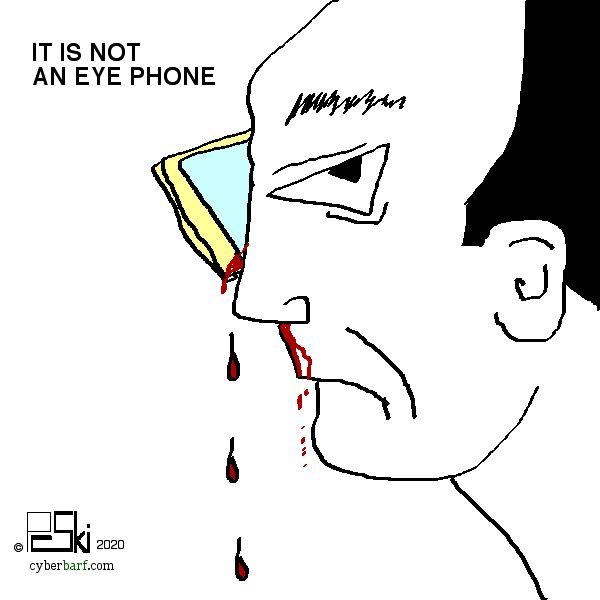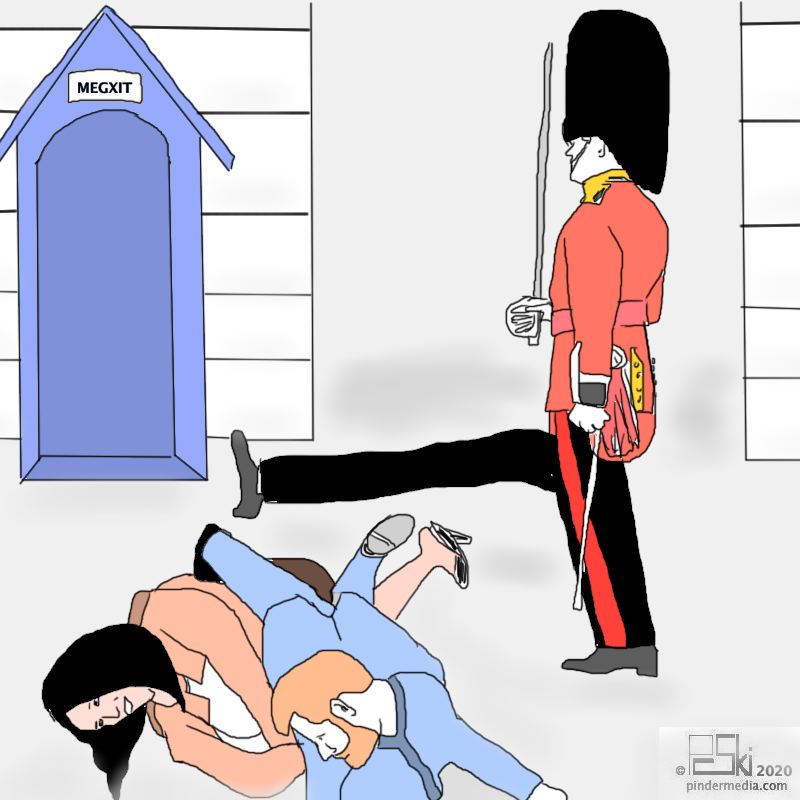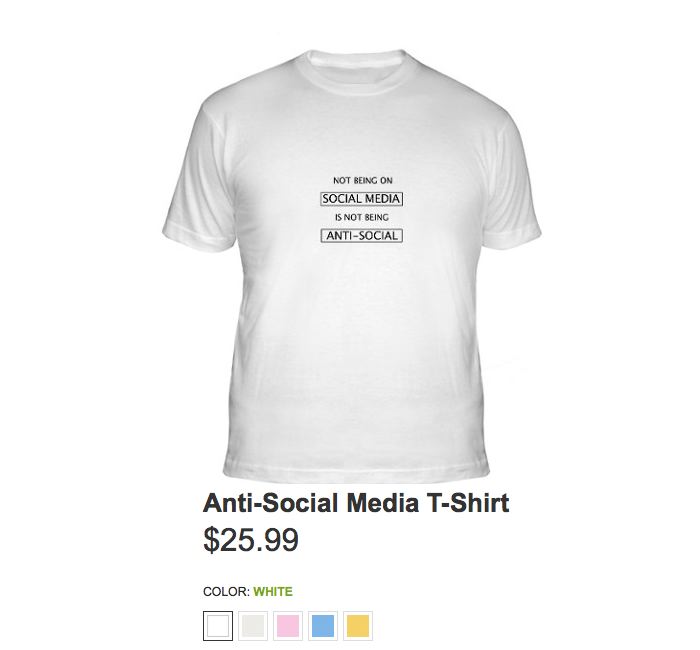|
cyberbarf VOLUME 18 No. 7 EXAMINE THE NET WAY OF LIFE FEBRUARY, 2020
BIOMETRICS FOUND BUT NOT LOST ON THE INTERNET iTOONS MEGXIT WHETHER REPORT
©2020 Ski Words, Cartoons & Illustrations All Rights Reserved Worldwide Distributed by pindermedia.com, inc
cyberculture, commentary, cartoons, essays
|
|
cyberbarf BIOMETRICS TECHNOLOGY The Illinois Biometric Privacy Act (BIPA) is a uniquely expansive state law that imposes requirements on businesses that collect or otherwise obtain biometric information, including fingerprints, retina scans and facial geometry scans (which could include identifying individuals through photographs). Among other requirements, businesses must receive written consent from individuals before obtaining their biometric data, and they must disclose their policies for usage and retention. Though Illinois was the first state to pass a law specifically regulating biometric data usage, other states are currently considering the issue, and Washington and Texas have already passed similar legislation. BIPA, however, is currently the only state law that allows private individuals to bring suit and recover damages for violations. For negligent violations, individuals can recover the greater of $1,000 or their actual losses. For reckless violations, the baseline award increases to $5,000.
|
|
|
Biometrics is becoming a larger technological and legal battle field of competing interests. Companies like Apple are hell bent on providing their customers with the best privacy it can provide. This runs afoul with police investigations where encryption and security devices are hard to break. An encryption program hard wired into a device that auto resets a passcode which the manufacturer (or even the user) does not know makes police detectives angry because they cannot access electronic devices evidence of crimes. But the counterpoint of user convenience has lead developers to use biometrics, a finger print or facial recognition, to log into a device. It is supposed to be more secure, but hackers have experimented to find a lifted print of a photograph of a person can unlock a device. What law enforcement agencies want to have is a massive data base of everyone's personal information, including photographic information, to run data matches off CCTV cameras or eye witness accounts. It is foreshadowing of a Big Brother society warns electronic privacy experts. There are other privacy laws that allow a person to control their image from being copied or exploited for commercial uses. (many of these laws were passed after Elvis Presley died which gave his estate and heirs control of his likeness.) By passing BIPA, the Illinois legislature decided that individuals have rights of privacy and control over their biometric data. Thus, when an individualÕs BIPA rights are violated, they are “aggrieved” within that wordÕs ordinary meaning. The Illinois Supreme Court found that an aggrieved party does not have to show actual damages if their biometic data rights have been violated by a defendant. As other states pass similar laws in order to fill the federal void, they may decide to clearly resolve the issue in the text of their laws. But other courts have grappled with the question of which types of injuries are sufficiently clear to give individuals constitutional standing to bring suit in federal court. In a recent ruling from a U.S. District Court in Illinois, the court emphasized that a technical violation of BIPA would not always be enough. There, the court dealt with a challenge to the “face grouping” feature in Google Photos, which automatically scans photos to create face templates for different individuals. The court held that neither the retention nor the collection of face templates without authorization was a concrete injury. The court emphasized that, even assuming that users did not know Google was obtaining biometric data from their photos, there was no evidence that this practice created a substantial harm. This dicta may raise the level of debate. Everyone is aware that Google and Facebook data mine their users. The information collected on you is processed and analyzed to be sold to marketing firms and advertisers who want targeted ads on social media platforms. The idea of using your social media photographs to immediately cross reference other people is creating a personal relationship web of connections that an aggregator can leverage to target just not you but also your friends and colleagues. Do you often wonder why you get strange ads in your social media feeds. For example, a man getting knitting and yarn advertisements. It is because he has a girl friend who has made posts about her knitting hobby. The algorithms attempt to fuse individual interests into group collective audiences. The Illinois legislature's finding that since biometric information cannot be changed, it presents heightened risks associated with identity theft. These divergent outcomes illustrate the range of approaches courts are taking in suits addressing technological harms. Some courts defer to legislative attempts at addressing perceived risks, while others require parties to show harms that can be analogized to traditional injuries. For businesses that find themselves on the receiving end of a lawsuit under BIPA, there are other lines of defense that have not yet been resolved by courts. Some businesses may argue that individuals have effectively consented to the use of their data by taking actions such as placing their hand on a fingerprint scanner. As a result, they may not have suffered an injury sufficient for constitutional standing. In the case of facial recognition, however, courts have been skeptical of this argument. Individuals may not know that by uploading a photo, they are subjecting it to facial geometry analysis. The dark web pays 100 times more for a person's medical records than their financial data. First, medical records are harder to come by, but they yield much more personal information about a person. Second, big pharma research is trying to exploit big data to find new medicines and treatment plans. When HIV first came to the forefront, an Australian man was found to have had certain antibodies that stemmed off the disease. Medical researches took his blood without his knowledge or consent. When he learned about it, he was upset that he was being exploited for other people's gain. Biometrics includes everything about you, including your biochemistry. In the United States, researchers need a clear, written consent before they collect any medical information. A company got into trouble asking people to fill out on-line surveys about their conditions, because the participants did not know it was part of a medical research project. There is often the argument that the use of biometrics will save lives since it provides a security edge against terror attacks and criminal activity. Law enforcement needs all the tools it can have in order to prevent the public from serious harm. It is true that the defense departments have surveillance satellites that can identify people on the ground. Police forces routinely use CCTV, cellphone cam images and license plate/GPS tracking to help solve crimes. The authoritative justification is that “if as a private citizen you are not doing anything illegal, then you have nothing to worry about.” It is the no harm, no foul defense. However, privacy proponents believe the collection of personal information is a direct harm to personal privacy. Once information is gathered, it can be exploited. It could also be used to frame innocent individuals (intentionally or by computer error). One of the themes of the groundbreaking tech series, MAX HEADROOM, was "people as data." It was a reference to a society where everything about everyone was distilled into a vast data base. It is the cross road where humanity and technology intersect into a gray area of morality. We are approaching this cross road without a clear sense of direction or purpose.
cyberbarf FOUND BUT NOT LOST ON THE INTERNET CYBERSAFARI
Samsung Electronics introduced new series of consumer appliances at recent consumer electronics show. The Wine Cube, the Beer Cube and the Beauty Cube. Each is designed for its specific purpose based on current South Korean trends. As women age, there is more disposal income for wine. The Beer Cube is for a dedicated space near the home's entertainment area. And the Beauty Cube is to store all of one's expensive cosmetics since appearance is extremely important. This is also a counterpoint to the recent decline in general appliance sales. More Koreans are using delivery services for food and groceries that they are not spending money on new large refrigerators or cooking equipment. Source: Korea Herald
iTOONS
cyberbarf MEGXIT ROYAL BLOOD On January 31, 2020, Great Britain formally left the European Union (EU). The original idea of combing all of Europe's industrial nations under one Super Government to standardize currency, trade and leverage its market on the global stage was doomed from the start. European cultures have clashed for a thousand years. Some of the worst wars were fought on their lands. Century old grudges are hard to heal. Many countries gave up their sovereignty in the hopes of economic stability. That mean the local government gave up their printing presses (currency) for a euro. Except Great Britain. It kept the sterling pound so it had financial independence even among its peers. But the U.K. exit from the EU as a painful political sausage grinder drama. Several no-confidence votes, new elections and a bitter divorce settlement was finally resolved not with great fanfare but a whimper. More Brits were drawn to the other Exit. The Royal one.
When Megan Markle decided to marry Prince Harry, she agreed that she would give up her life as an actress to become a Royal, a person who cannot earn any money but represents the Crown in charitable, cultural and figurehead events. In return, she would live the life of a real princess: fancy clothes, mansions, travel, status and a million dollar allowance from Harry's father, Prince Charles. Most people do not realize that the Royal Family is still one of the largest landowners in Britain. Even though the Royals get a large stipend from public funds, Charles himself earns $28 million in rental income, which he shares with his children. Apparently, the life as a royal birth mother and public mannequin was too much for Megan. She wanted to leave the spotlight of London to go back to Canada. Without consulting with the Queen, the couple announced on social media that they would be leaving their royal duties to set out on their own. But not really. They still want some of the trappings of the royal life (the travel expense account, the security details, etc.) but they want to be allowed to earn their own money; become self-sufficient. The immediate reaction was that she wanted to get back into her acting career. Others thought that since Harry would never become king, he would rather set his own agenda in America. Probably both felt like indentured servants, whose only source of income was from Charles' discretion. Perhaps they thought they needed more income to live the Hollywood lifestyle. Both has some personal wealth. Harry inherited funds from Princess Diana. Some estimates were he got $20 million. Entertainment insiders believed that Megan had banked several million from her acting career. The couple is not poor by any regular means. But like us commoners, it was not super rich to satisfy their egos. The Queen was reportedly upset with the upstart grandchild. It was not a full break of Harry from the Royal wealth and status. That is what probably irks her the most. It seemed like a selfish overplay for attention which embarrassed the Queen. When the dust settles, Royal watchers think Megan and Harry will settle in Los Angeles. It is possible that they could get a multi-million dollar book deal to fund their American royal lifestyle. Or they can set up a foundation like many politicians to live off the administrative costs. Americans, who rebelled against the Red Coats, still have a fascination about the Royal Family because the United States clearly rejected having one (even though Congress and the President act like they are an elite class above the voters). Some historians believe the only reason the Royal Family stays in its vaulted place is that it is the only way to unite the British people from killing themselves. In America, the closest royal fawning is the celebrity culture which Megan and Harry want to tap into as part of their exit strategy. |
|
LADIES PJS ON SALE NOW! |
FREELANCE CARTOONS, ILLUSTRATIONS FOR NEWSPAPERS, MAGAZINE, ON-LINE DO YOU CONTENT? CHECK OUT
|
|
|
 |
 |
|
cyberbarf THE WHETHER REPORT |
cyberbarf STATUS |
|
Question: Whether the American newspaper business will still be relevant and stable ten years from now? |
* Educated Guess * Possible * Probable * Beyond a Reasonable Doubt * Doubtful * Vapor Dream |
|
Question: Whether industrialized nations deep declining birth rates cause severe economic and political upheaval? |
* Educated Guess * Possible * Probable * Beyond a Reasonable Doubt * Doubtful * Vapor Dream |
|
Question: Whether in the next ten years verbal, real time language translators will have human accuracy ? |
* Educated Guess * Possible * Probable * Beyond a Reasonable Doubt * Doubtful * Vapor Dream |
|
OUR STORE IS GOING THROUGH A RENOVATION AND UPGRADE. IT MAY BE DOWN. SORRY FOR INCONVENIENCE.
LADIES' JAMS MULTIPLE STYLES-COLORS $31.99 PRICES TO SUBJECT TO CHANGE PLEASE REVIEW E-STORE SITE FOR CURRENT SALES
|
PRICES SUBJECT TO CHANGE; PLEASE CHECK STORE THANK YOU FOR YOUR SUPPORT!
NEW REAL NEWS KOMIX! SHOW HACK! |
 |
cyberbarf
Distribution ©2001-2020 SKI/pindermedia.com, inc.
All Ski graphics, designs, cartoons and images copyrighted.
All Rights Reserved Worldwide.











